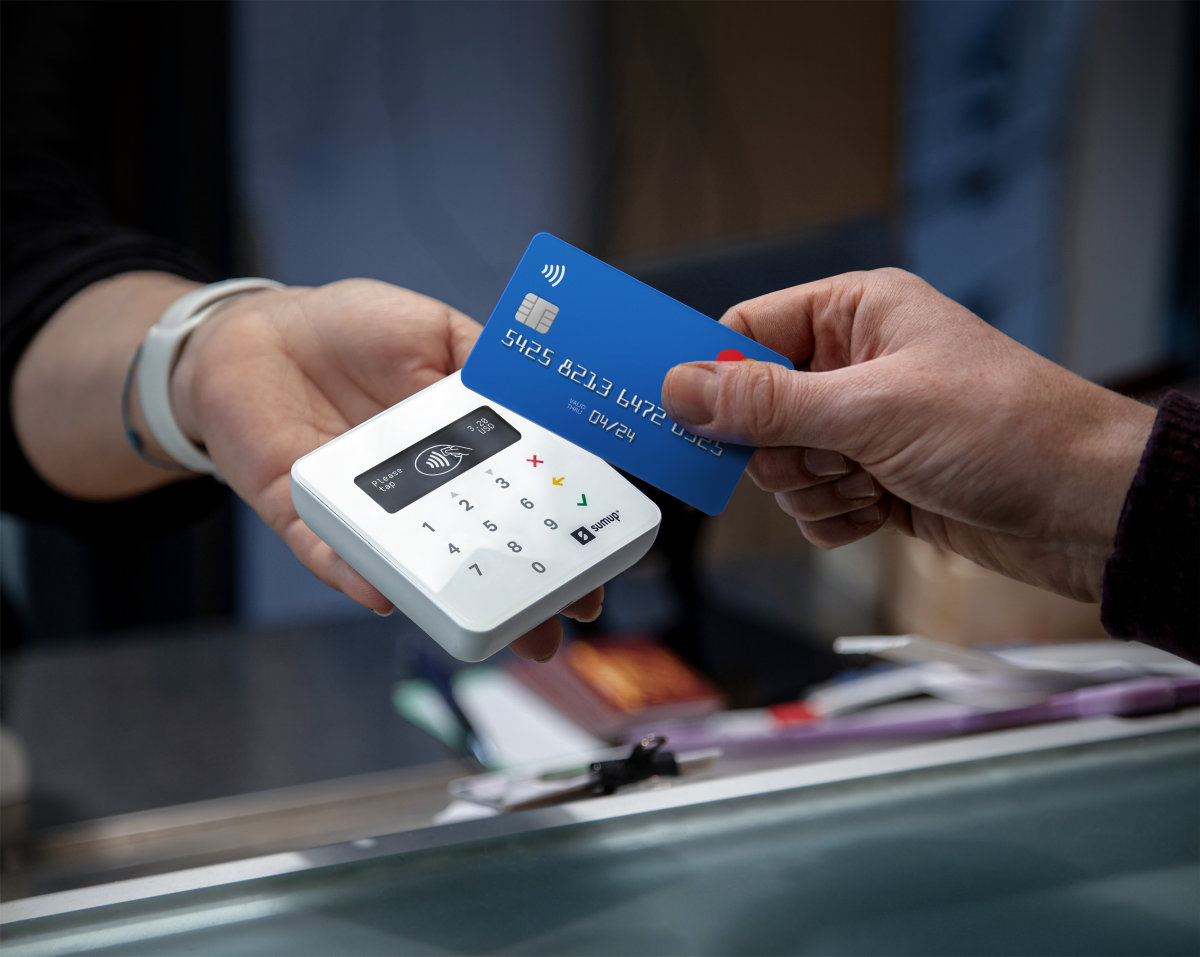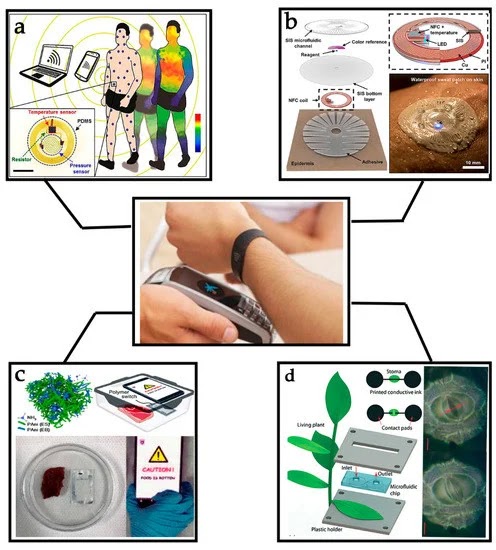Introduction:

In this blog post, we will explore what NFC is, how it works, and some of the most exciting applications that we can expect in the near future.
What is NFC?

How does NFC work?
NFC works by using a magnetic field that is generated by the initiator (a device with an NFC chip) and picked up by the target (another device with an NFC chip). The two devices must be very close to each other (usually within 4 centimeters) for the communication to work. Once the connection is established, the devices can exchange data, such as payment information, contact details, and so on.
The most common application of NFC is contactless payments, which is used in many countries around the world. With an NFC-enabled smartphone or card, you can simply tap it on a payment terminal to make a payment, without the need for cash or a physical card.
Other potential applications of NFC:-
NFC has many other potential applications that could transform the way we live and work. Some of the most exciting ones include:
1. Enhanced Security:
 NFC technology offers enhanced security features that make it more secure than traditional payment methods. For instance, NFC transactions require both devices to be in close proximity, reducing the risk of data theft or unauthorized access. Additionally, NFC-enabled devices can use encryption and other security protocols to ensure that the data is protected.
NFC technology offers enhanced security features that make it more secure than traditional payment methods. For instance, NFC transactions require both devices to be in close proximity, reducing the risk of data theft or unauthorized access. Additionally, NFC-enabled devices can use encryption and other security protocols to ensure that the data is protected.2. Smart homes:
NFC can be used to control smart home devices, such as lighting, thermostats, and security systems. With an NFC-enabled smartphone, you can simply tap it on a device to turn it on or off, or adjust its settings.3. Access control:
NFC can be used to grant access to buildings, rooms, and vehicles. Instead of using keys or access cards, you can simply tap your NFC-enabled smartphone on a reader to gain entry.
4. Healthcare:
 NFC can be used to store medical information, such as patient records and medication history. This information can be accessed by healthcare professionals using an NFC-enabled device, such as a smartphone or tablet.
NFC can be used to store medical information, such as patient records and medication history. This information can be accessed by healthcare professionals using an NFC-enabled device, such as a smartphone or tablet.5. Retail:

NFC can be used to provide personalized offers and promotions to customers. By tapping their NFC-enabled smartphone on a product or display, they can receive discounts or other incentives.
6. Data transfer:

7. Transportation:
NFC can be used for ticketing and payment in public transportation. Instead of buying a physical ticket, passengers can simply tap their NFC-enabled smartphone on a reader to pay for their fare.
8. Contactless payment systems:

Future prospects of NFC:-
Conclusion:
NFC is a technology that has the potential to revolutionize the way we live and work. With its ability to enable contactless payments, control smart home devices, grant access to buildings, store medical information, and more, it is clear that NFC will play an increasingly important role in our daily lives. As more devices become NFC-enabled, we can expect to see a wide range of innovative applications that will make our lives easier, more convenient, and more secure.





Comments
Post a Comment